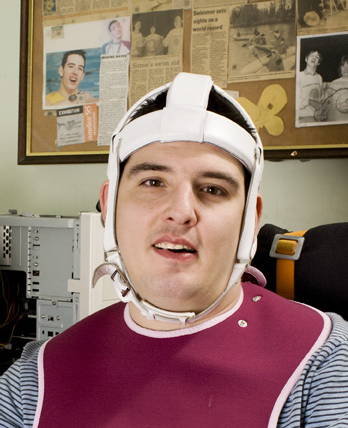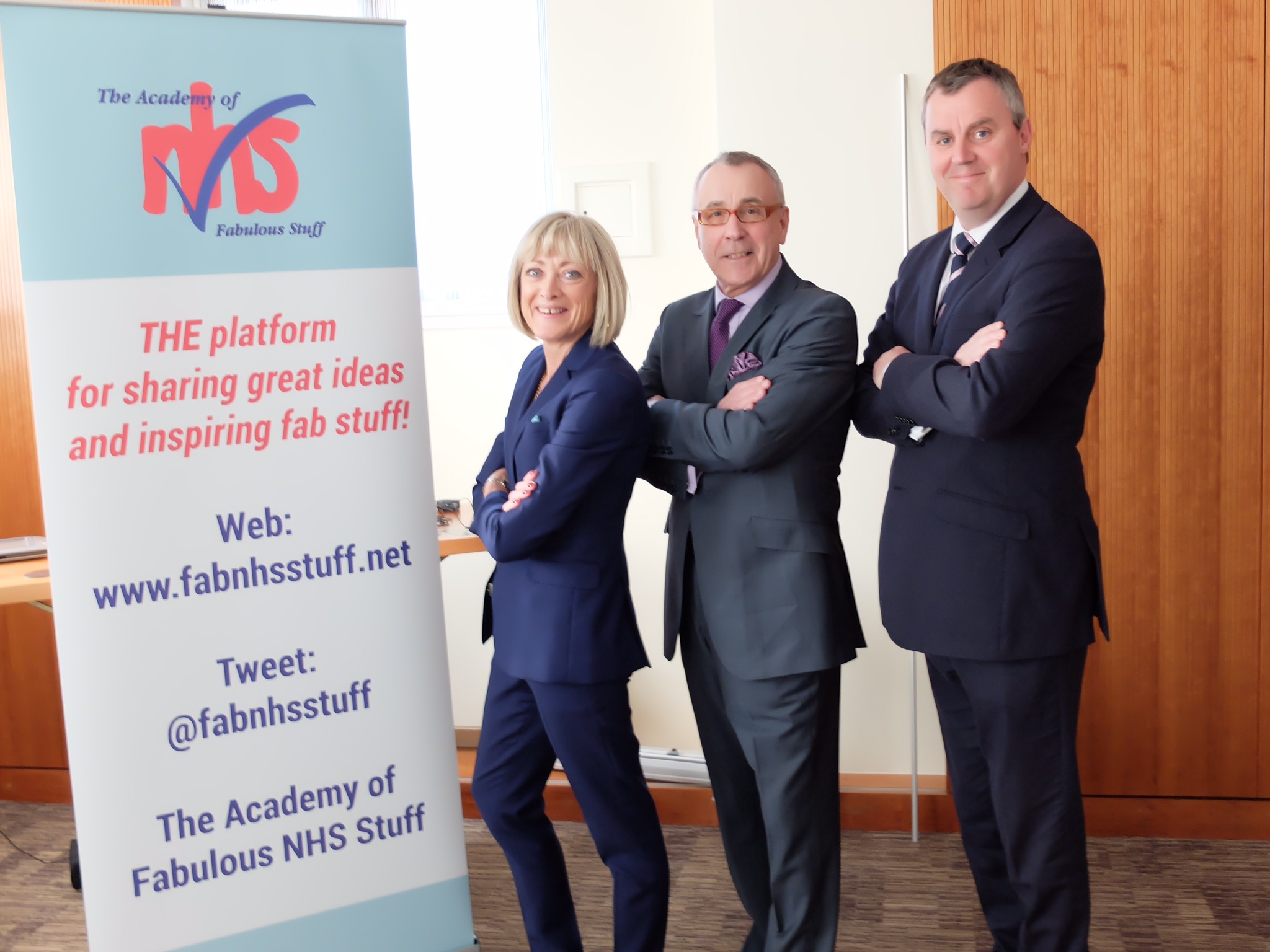


Hearing about a user's experience 'straight from the horse's mouth' can be hard; after all, none of us would like to think that we haven't quite delivered what the user was expecting, or the care that we delivered was left wanting. And perhaps for many of us, accepting that people with a long-term condition or disability who are managing perfectly at home do not necessarily want to reliquish their independence fully in during an 'illness' episode, is difficult.
But both are important in order to prevent dissonance between user and nurse expectations.
In this article, Simon Stevens shares his thoughts.

You've done it again! Not content with merely trying to deliver a service in the face of swingeing cuts, more patients and less staff, you've been innovating, creating and generally making life easier for your patients.
So in what looks like becoming the annual 'must be there' event, awards were presented to those of you whom your peers had decided were worth a prize!
Here is a selection of the winners - the remaining fabulous people will be featured in the next issue.

Self administration of medicines by inpatients: are we making any progress? This was a question was posed in a 2013 article by a group of physicians. Frank thinks not so much; read what he has to say.

In Issue 7, we featured an article about ovarian cancer (https://pcnr.co.uk/articles/207/ovarian-cancer-what-you-need-to-know)
I adapted and added to this article for the Health-Care Arena website (https://healthcare-arena.co.uk/dying-of-embarrassment-why-young-women-are-developing-ovarian-cancer/). We are reproducing it here, with permission from HC-A, to mark #CervicalCancerPreventionWeek